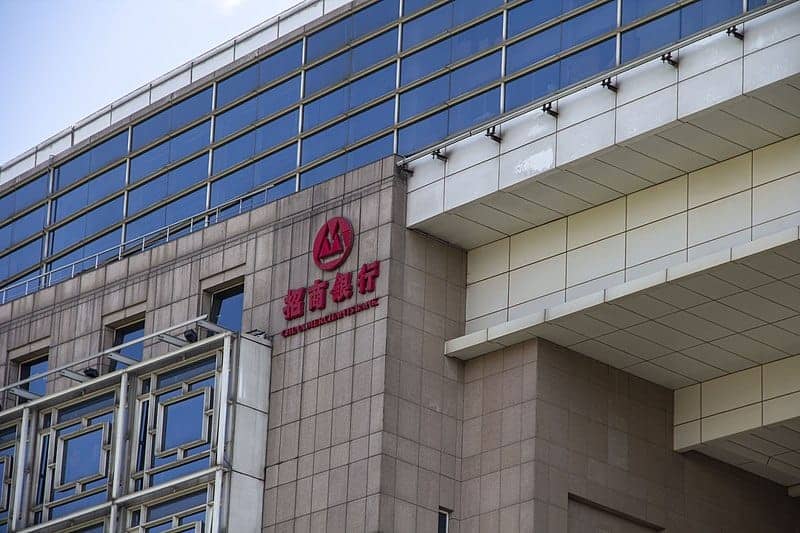Public blockchain network Nervos has announced the launch of a US$50 million fund with China Merchants Bank International, a wholly-owned subsidiary of China Merchants Bank, in a move it says will boost the development of the public blockchain ecosystem in China.
Named InNervation, the fund will invest in the decentralized application sector, decentralized finance protocols, distributed ledger platforms and non-fungible token marketplaces over a three-year period, with startups receiving initial investments of between US$200,000 and US$2 million. InNervation is the first joint investment fund involving a bank and a Layer-1 blockchain, according to a press statement released today.
“Our team has been working diligently to ensure developers and teams have access to a variety of tools so they can create, customize, and connect their dApps, protocols, and more across multiple chains,” said Kevin Wang, a co-founder of Nervos. “With CMBI’s support, InNervation will be the catalyst for a new phase of development not just on Nervos but in the greater blockchain and crypto ecosystem.”
Chinese officials are wary of the permissionless model that most public blockchains operate, but with the backing of Beijing, Nervos could prove to be an exception.
Nervos is one of the public and permissionless blockchains integrated into the global service offered by China’s state-backed Blockchain-Based Service Network, alongside IRISnet, NEO, EOS and Ethereum. BSN is one of the world’s few government-led and government-owned blockchain networks, and the most prominent of its kind.
Even though BSN comprises two separate ecosystems – BSN China and BSN Global, aimed at different user groups and operating under different regulations – public blockchains integrated with BSN Global, like Nervos, are able to connect to certain BSN China city nodes and access the Chinese market.
China Merchants Bank, the country’s first joint-stock commercial bank wholly owned by private corporate entities, was not included in a government-led trial of a digital yuan wallet involving six major state-owned commercial banks, making its partnership with Nervos a significant step into the blockchain space.
The bank has, however, been keen not to miss the opportunities afforded by a first-mover advantage in the blockchain sector. Rather than focusing on developments related to the digital yuan, it has concentrated on blockchain applications in real-world use cases.
China Merchants Bank started to use a blockchain-based cross-border remittance system between mainland China and Hong Kong as long ago as 2017, according to its website. It was also a pioneer in testing blockchain-based digital invoice services in 2019.
China Merchants Bank International Chief Investment Officer Samuel Wang said Nervos had made “no compromises in building their infrastructure, and we are committed in supporting Nervos and the expansion of its dApp ecosystem.”
As the latest in a series of forays into the blockchain world, China Merchants Bank’s partnership with Nervos perhaps illustrates that its exclusion from Beijing’s digital yuan project has in fact compelled it to innovate, perhaps indeed to its ultimate benefit. Necessity, it’s said, is the mother of invention.




